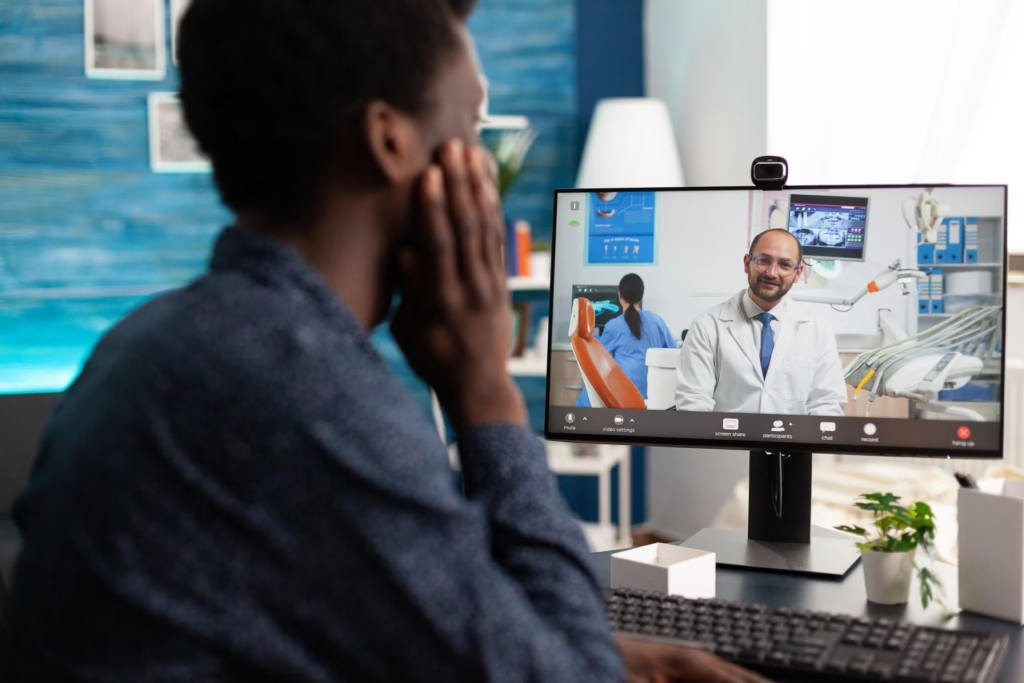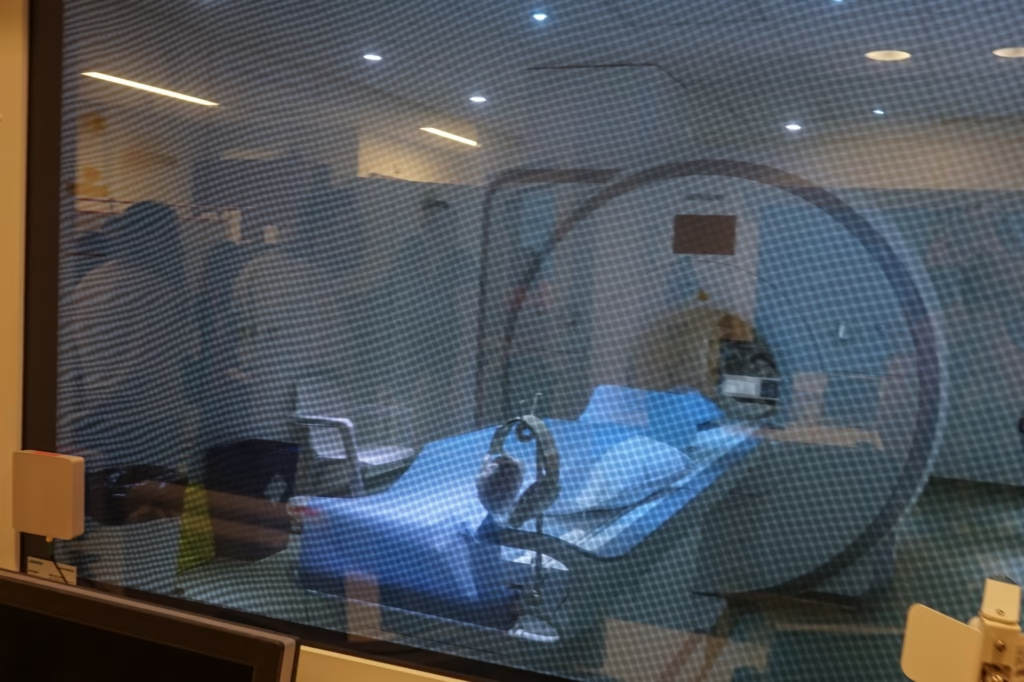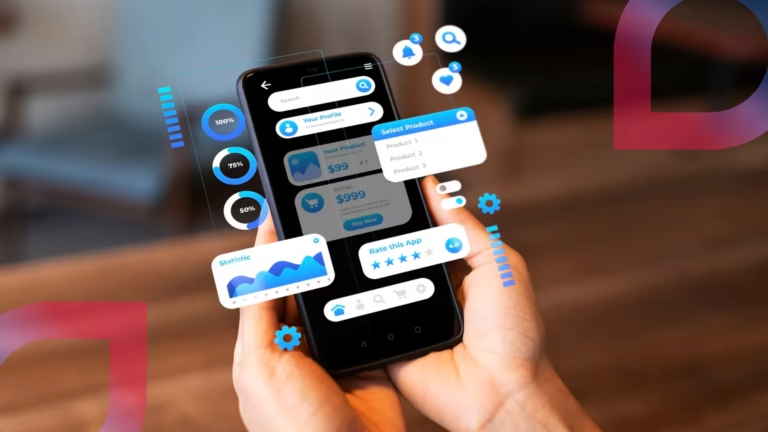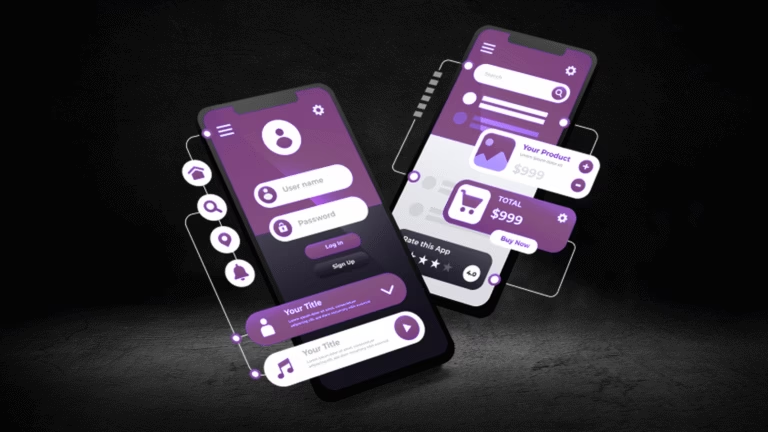Another significant benefit of mobile healthcare applications is enhanced access to medical records. By digitizing patient records and making them accessible on mobile platforms, healthcare providers can ensure that essential health information is readily available anytime, anywhere. This accessibility is particularly crucial in emergency situations where timely information can be life-saving.
Remote monitoring is yet another transformative feature of mobile healthcare applications. Wearable devices and smartphones can continuously track vital signs, blood sugar levels, heart rates, and more. These real-time data collection and transmission capabilities enable healthcare professionals to monitor patients remotely, reducing the need for frequent in-person visits and allowing for timely interventions when necessary.
Personalized healthcare is also greatly enhanced through mobile applications. By leveraging data analytics and artificial intelligence, these apps can offer tailored health solutions based on an individual’s medical history, lifestyle, and preferences. This level of personalization helps in creating more effective treatment plans and preventive measures, ultimately leading to better patient outcomes.
The increasing trend of mobile app usage in the healthcare sector is well-documented. According to recent studies, the global market for mobile health apps is expected to reach $102.35 billion by 2023, reflecting a compound annual growth rate (CAGR) of 39.1%. This rapid growth underscores the rising demand and trust in mobile healthcare solutions. In Indianapolis, healthcare providers are increasingly adopting these applications to streamline services and enhance patient care, demonstrating their crucial role in the healthcare ecosystem.
Key Features of Healthcare Mobile Apps
Effective healthcare mobile applications are designed to meet the diverse needs of patients and healthcare providers in Indianapolis. One fundamental feature is appointment scheduling, which allows patients to book, reschedule, or cancel appointments with ease. This functionality significantly reduces administrative burdens and enhances patient satisfaction by enabling users to manage their healthcare on their terms.
Medication reminders are another crucial feature, particularly for patients with chronic conditions or those managing multiple prescriptions. These reminders minimize the risk of missed doses, ensuring better adherence to prescribed treatments. For instance, the app “Medisafe” employs user-friendly interfaces and customizable alerts, promoting consistent medication use and improving health outcomes.
Telemedicine capabilities stand out as a pivotal element in modern healthcare mobile apps. These enable virtual consultations, reducing the need for physical visits and expanding access to healthcare services, especially in underserved areas. Through apps like “Teladoc,” patients in Indianapolis can receive timely consultations and follow-ups, enhancing their care experience while optimizing healthcare provider workloads.
Health tracking features allow patients to monitor their vital signs, physical activity, and other health metrics over time. Apps such as “MyFitnessPal” and “Apple Health” show how integrating these tools can encourage proactive health management. By giving patients real-time insights into their health, these apps foster better lifestyle choices and early detection of potential issues.
Securing access to medical records is essential for maintaining patient trust and confidentiality. Apps like “MyChart” provide encrypted, user-friendly platforms where patients can view their medical history, lab results, and communicate with their healthcare team. This feature not only empowers patients with critical information at their fingertips but also facilitates seamless coordination among healthcare providers, leading to more efficient and effective patient care.
Overall, these features collectively enhance patient engagement, streamline healthcare operations, and contribute to better health outcomes, demonstrating the profound impact and importance of well-designed healthcare mobile applications in Indianapolis.
Challenges in Developing Healthcare Mobile Apps
Developing healthcare mobile applications in Indianapolis presents a range of unique challenges that must be navigated to ensure successful deployment. One of the foremost concerns in healthcare app development is data security and privacy. These apps handle sensitive patient information, requiring robust encryption methods and secure authentication processes to protect against unauthorized access and breaches. Adherence to regulatory frameworks such as the Health Insurance Portability and Accountability Act (HIPAA) in the U.S. is mandatory, necessitating thorough understanding and implementation of these complex requirements.
Another significant challenge involves achieving compatibility across various devices and operating systems. Mobile applications must function seamlessly on different platforms to ensure a broad user base can access the service without technical difficulties. This necessitates rigorous testing and quality assurance practices to identify and address potential compatibility issues early in the development process.
The user interface design of healthcare apps also demands meticulous attention. Unlike other mobile applications, healthcare apps must be intuitive and accessible to a diverse user demographic, including those who may not be tech-savvy. This means prioritizing simple navigation, clear instructions, and an overall user-friendly experience to enhance patient engagement and satisfaction.
Integration with existing healthcare systems is another critical challenge. Healthcare providers in Indianapolis often use diverse and complex electronic health record (EHR) systems. Mobile applications must be capable of seamlessly integrating with these systems to provide accurate and up-to-date patient data. This requires rigorous API development and testing to ensure consistent and reliable data exchange between the app and healthcare providers’ systems.
Local regulations and the necessity for collaboration with healthcare providers in Indianapolis further complicate the development process. Developers must stay updated with municipal regulations governing healthcare practices and data management. Collaborating with local healthcare providers can offer valuable insights but also demands a coherent alignment of goals and processes to ensure a practical outcome.
Addressing these challenges involves incorporating best practices such as employing robust encryption methods, ensuring compliance with regulatory standards, rigorous testing for device compatibility, focusing on user-centric design, facilitating seamless integration with healthcare systems, and active collaboration with local healthcare stakeholders. By tackling these challenges head-on, developers can enhance the effectiveness, security, and user satisfaction of healthcare mobile applications in Indianapolis.
The Future of Healthcare Mobile Apps in Indianapolis
The future of healthcare mobile apps in Indianapolis is bright, driven by innovative technologies and forward-thinking local enterprises. One of the primary advancements on the horizon is the integration of artificial intelligence (AI) and machine learning (ML) into mobile application development. AI and ML have the potential to revolutionize patient care by offering predictive analytics, personalized treatment plans, and efficient diagnosis processes. These technologies can analyze vast amounts of data to predict health issues before they become critical, thereby improving patient outcomes and reducing healthcare costs.
Another significant trend is the adoption of blockchain technology. Blockchain offers a secure and transparent way to store and transmit health records and sensitive patient information, addressing significant concerns about privacy and data security. By ensuring data integrity and preventing unauthorized access, blockchain paves the way for more reliable and trustworthy mobile healthcare applications.
The impending rollout of 5G connectivity stands to dramatically enhance app performance. With substantially faster speeds and lower latency, 5G will facilitate real-time data sharing and improved telemedicine services, thereby democratizing access to healthcare. The heightened connectivity also supports the proliferation of Internet of Things (IoT) devices designed to monitor patient health in real-time, leading to more responsive and proactive medical care.
Alongside these advancements, augmented reality (AR) and virtual reality (VR) technologies are set to play a crucial role in medical training and patient care. AR and VR can create simulated environments for student education, surgical planning, and patient rehabilitation, making complex medical procedures more accessible and understandable.
In Indianapolis, both startups and established healthcare providers are actively contributing to these transformative trends. Local startups are developing cutting-edge mobile apps that leverage AI, blockchain, and other advanced technologies to create more efficient and user-friendly healthcare solutions. Established providers are also adopting these innovations, integrating them into their existing systems to enhance patient care and operational efficiency.
Overall, the synergy between technological advancements and the proactive ecosystem in Indianapolis ensures that the future of mobile healthcare applications in the city is set for significant growth and evolution.








